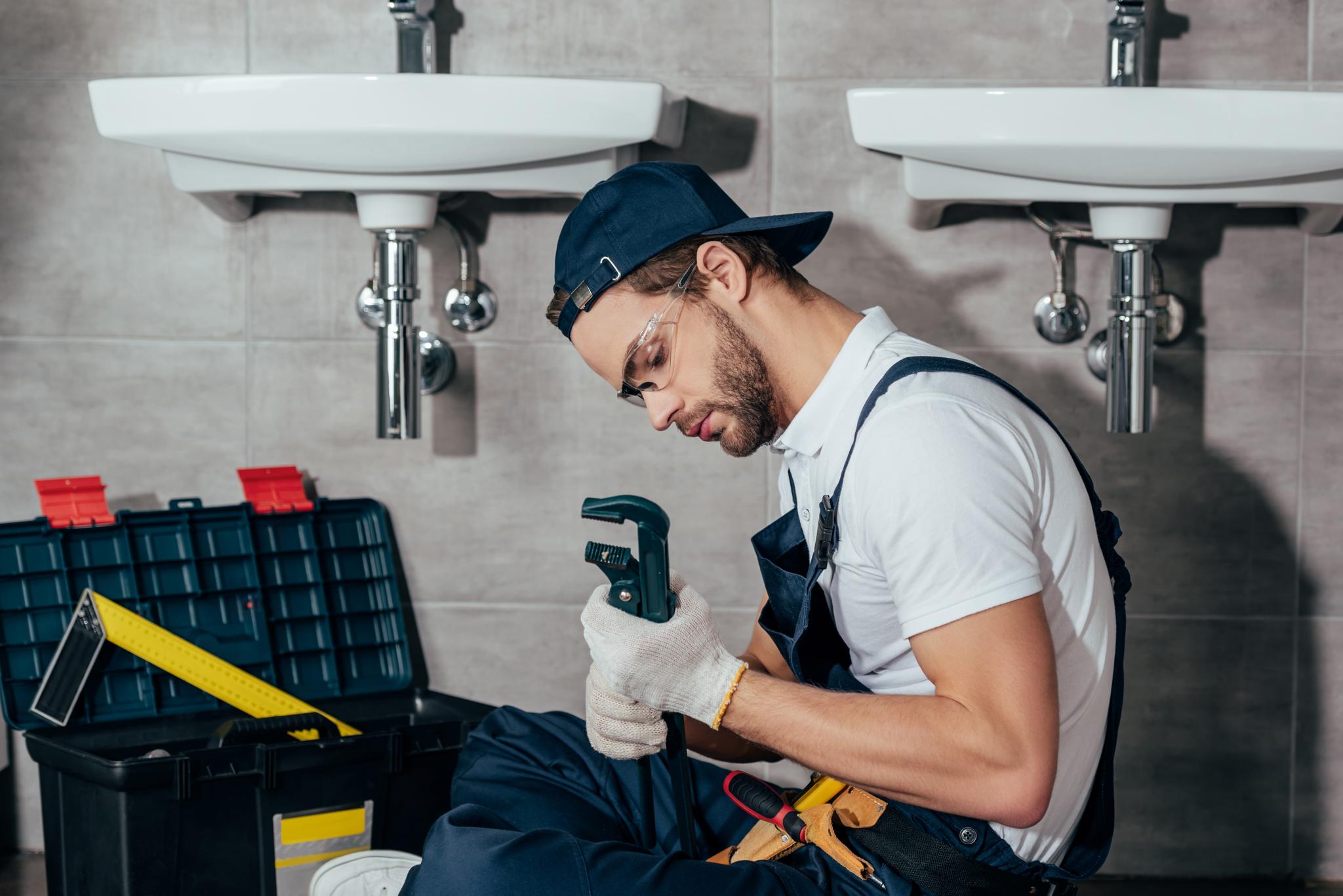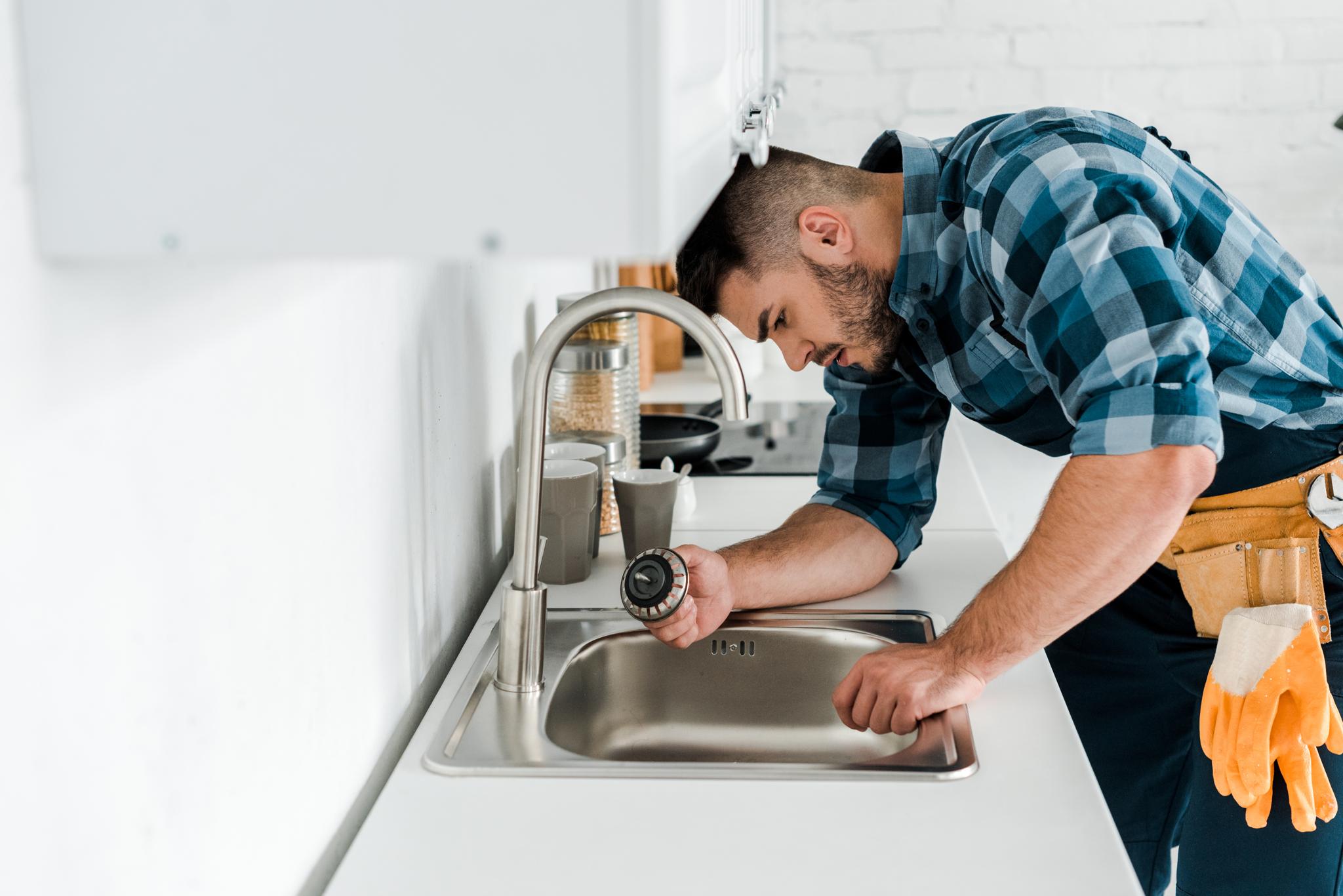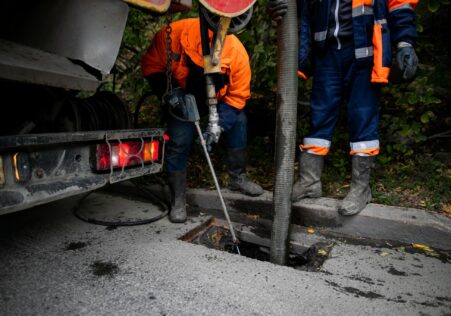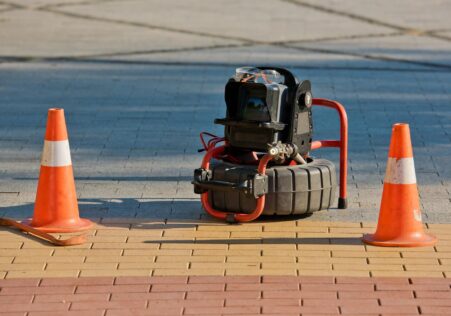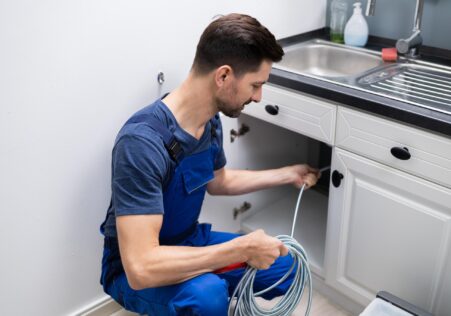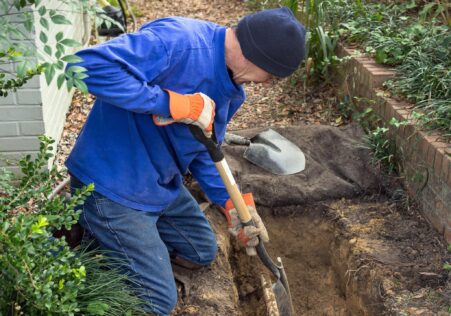How to Keep Your Drains Clean and Prevent Future Blockages

Are you tired of dealing with clogged drains in your home or office? Do you want to know how to prevent blockages from occurring and ensure that your drains are clean? This article we’ll discuss some tips and tricks to help you maintain well-maintained drains. We will also discuss why it’s important to hire professionals from Perth Blocked Drains Plumbers for the job.
Key Takeaways
- Common causes of blockages in drains include hair and soap scum buildup, food waste adhering to grease, toiletries flushed into the toilet, such as baby wipes or feminine hygiene products cotton swabs or dental floss and the growth of tree roots into pipes in the outside of the house.
- Install a strainer, or hair catcher in the drain opening to prevent food waste or hair from leaking down the drain.
- Properly dispose of kitchen waste by dumping food scraps into the compost bin or trash bag instead of rinsing them into the drain.
- Conduct regularly scheduled maintenance cleansing by pouring boiling water slowly through your sink, shower or tub drains a couple of times each week after they’re clean.
- Mix equal amounts of baking soda and vinegar then pour it into the drain’s opening for an effective method of removing the grease accumulation on the sewer pipe walls which result in obstructions. After 30 minutes, pour hot water down the drain.
- Call Perth Blocked Drains Plumbers for help with regular maintenance of sewer systems, septic tanks or pipes outside the house to ensure that they function effectively and in a timely manner.
- Don’t use chemical drain cleaners as these can damage the pipes over time and cause harm to the environment.
- Do not flush non-decomposable objects such as paper towels, cotton swabs dental floss, feminine hygiene products down the toilet, as this can cause costly repairs in sewers and septic tanks.
- Pay attention to abnormal smells emanating from drains, the slow drain, the sound of gurgling or any other unusual activity that may indicate a blocked drain that needs to be addressed immediately.
Common causes of drain blockages
Before we go into the best practices and rules, it’s vital to know why drain obstructions occur to begin with. Here are some of the most common causes:
- Hair and soap scum buildup in the bathroom drains
- Food waste clings to grease the buildup of kitchen drains
- Toiletries flushed down the toilet like baby wipes, toothpaste, feminine hygiene supplies or cotton swabs
- Tree roots expanding into pipes outside the house
These causes can result in serious damage over time if ignored. However, there are methods to address each one and ensure your drains run smoothly.
Dos
1. Use a strainer or hair catcher
A hair strainer or hair catcher can be placed over the drain opening and prevents food or other waste from leaking down the drain. Make sure to clean them on a regular basis.
2. Be sure to properly dispose kitchen waste
Food scraps can be tossed into your compost bin or trash bag, instead of flushing them into the drain. Rinse dishes with hot water while washing dishes.
3. Conduct periodic checks for maintenance cleaning
Every week, pour boiling water slowly into your bathroom sink, shower or drain openings for tubs that are clean. This will help prevent any build-up of material from clogging the drain altogether.
4. Make use of baking soda and vinegar.
Mix equal parts baking soda and vinegar (usually half a cup each) then slowly put it into the drain opening to create an organic method of getting rid of the buildup forming on the pipe’s walls that cause blockages. After 30 minutes, pour hot water down the drain.
5. Call a professional
Find a reputable plumber such as Perth Blocked Drains Plumbers to perform regular maintenance on septic tanks, sewer systems or pipes outside your home to make sure they’re working correctly and efficiently.
Don’ts
1. Don’t use chemical drain cleaning products.
Chemical drain cleaners can cause damage to your pipes over time, and can even harm the environment. They can also pose a risk when combined with other cleaning products.
2. Don’t flush anything that is not decomposable into the toilet.
Avoid flushing non-decomposable objects in your toilet, such as paper towels, cotton swabs and dental floss as well as feminine hygiene products since they won’t dissolve naturally, and could instead result in costly repairs to the sewers or the septic tanks.
3. Be aware of warning signs
If you experience unusual smells emanating from drains, an infrequent drainage, sounds of gurgling or other unusual activity It could be an indication of an unclean drain that needs immediate attention.
| Do’s | Don’ts |
|---|---|
| Use a strainer or hair catcher | Use chemical drain cleaners |
| Properly dispose of kitchen waste | Flush non-decomposable items down the toilet |
| Perform regular maintenance cleaning | Ignore warning signs |
| Use baking soda and vinegar | |
| Call a professional like Perth Blocked Drains Plumbers for help |
Frequently Asked Questions
What is the best frequency to clean my drains?
It is recommended to cleanse your drains at least every six months to a full year. If you observe slow drainage or foul smells coming out of your drains, you should try to act as soon as you can.
Which are the best DIY methods for cleaning my drains?
There are many alternatives to try at home for a quick fix, such as pouring boiling hot water down your drain, using baking soda and vinegar or using the plunger. But be aware of the materials and substances you pour down your drain and avoid anything that could cause harm or damage to the plumbing system.
Do I have the ability to prevent obstructions in my drains?
Yes, regular cleaning of the plumbing will prevent blockages in the future. Beware of flushing foreign objects down the toilet. regularly scrub hair off of the drains of your shower, and also use an in-sink strainer to catch food scraps before they go into the drain.
When should I contact an experienced plumber?
When you’ve tried DIY solutions but you’re still experiencing slow-moving or blocked drains it’s suggested to call an expert plumber for further assessment as there may be underlying issues that need to be resolved.
My drains continue to get clogged, could this be the sign of a larger issue?
The frequent clogging of drains could indicate more serious problems, like tree roots infiltrating your pipes or collapsed pipes in the plumbing system. In these instances it is recommended to call an experienced plumber such as Perth Blocked Drains Plumbers who can assess the problem properly and recommend the best way to proceed.
In conclusion, maintaining healthy drains is vital for any office or home. Implement these suggestions today to avoid blockages in the future and allow your drains to flow freely. Remember that professional assistance is just a phone call away. For more information on our plumbing services, including clearing blocked drains, CCTV drain inspection, pipe relining and general plumbing maintenance, call Perth Blocked Drains Plumbers at # ###-###-#### or visit our website for more information. [(click here)] (https: //www. example.com/)
Additional Information
- What to Know about Pipe Relining Services for Blocked Drains
- DIY Tips for Unclogging Your Shower Drain Without Harsh Chemicals
- How CCTV Drain Inspection Saves You Time and Money in the Long Run
- Clearing Clogged Drains: A Comprehensive Guide for Plumbers
- The Benefits of CCTV Drain Inspections for Blocked Drains and Corroded Pipes
- How to Determine if Your Piping Require Relining
- A Detailed Look at the Pipe Relining Process: Everything You Need to Know
- Simple Solutions for Clearing Out Clogged Drains at Home
- The Risks of Unclogging Your Drains Without Professional Help
- Say Goodbye to Messy Plumbing Repairs with Trenchless Pipe Relining


